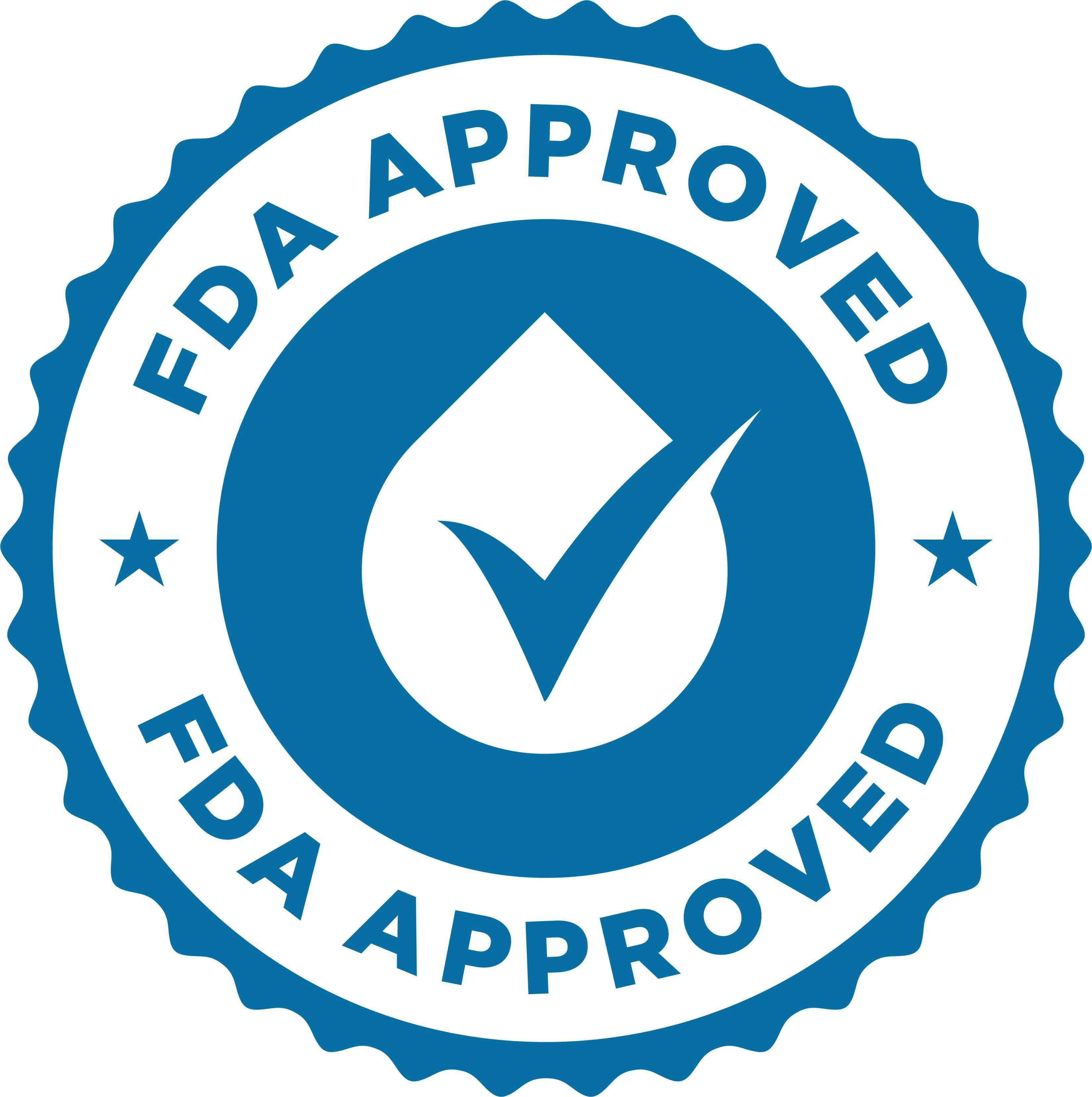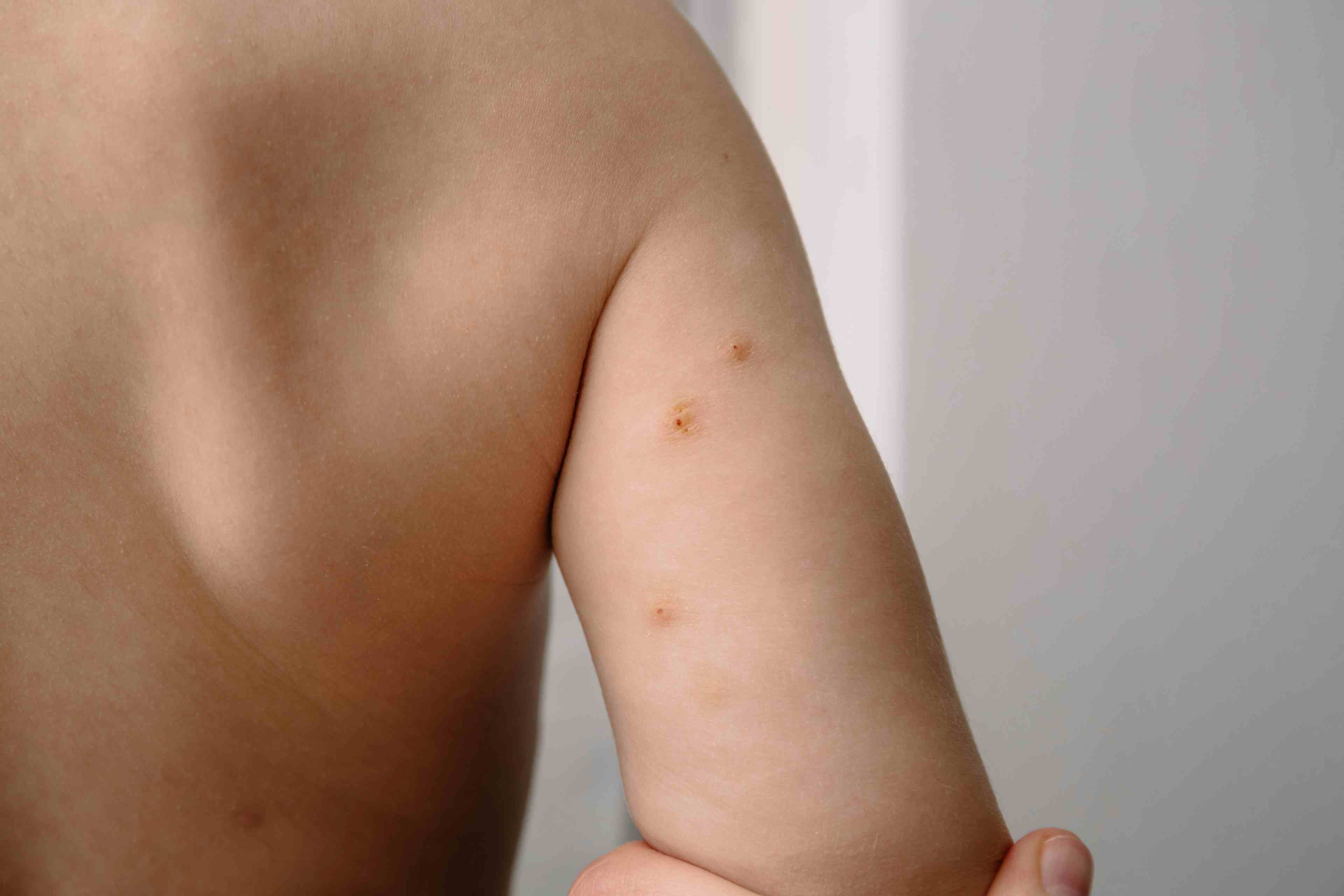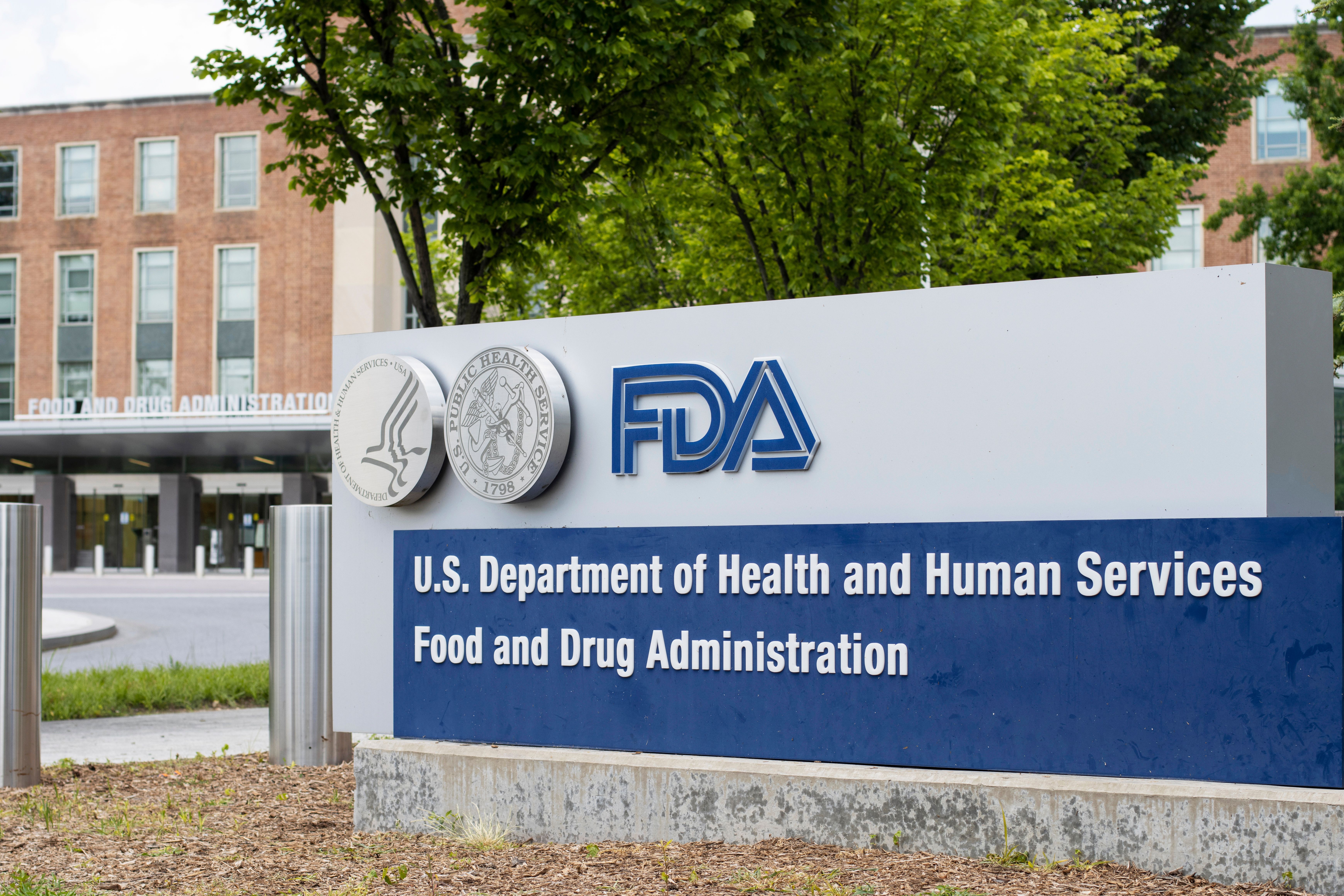- Acne
- Actinic Keratosis
- Aesthetics
- Alopecia
- Atopic Dermatitis
- Buy-and-Bill
- COVID-19
- Case-Based Roundtable
- Chronic Hand Eczema
- Chronic Spontaneous Urticaria
- Drug Watch
- Eczema
- General Dermatology
- Hidradenitis Suppurativa
- Melasma
- NP and PA
- Pediatric Dermatology
- Pigmentary Disorders
- Practice Management
- Precision Medicine and Biologics
- Prurigo Nodularis
- Psoriasis
- Psoriatic Arthritis
- Rare Disease
- Rosacea
- Skin Cancer
- Vitiligo
- Wound Care
News
Article
Additional Evidence Supports Quoin’s QRX003 for Netherton Syndrome
Author(s):
Key Takeaways
- QRX003 shows significant clinical benefits for Netherton Syndrome, reversing within four weeks post-treatment discontinuation.
- The study demonstrated improvements in M-IASI, WINRS, and IGA scores, highlighting QRX003's efficacy.
QRX003 mimics the LEKTI protein to strengthen skin barriers and alleviate symptoms in patients with Netherton Syndrome.
Quoin Pharmaceuticals announced this week additional clinical evidence supporting the efficacy of QRX003, a topical lotion designed to treat Netherton Syndrome, a rare genetic skin disorder. The new data indicates that QRX003 offers significant clinical benefits during treatment, though these benefits reverse entirely within 4 weeks of discontinuation.1
The announcement builds on prior results from an ongoing open-label study, in which the first patient received twice-daily doses of QRX003 for 12 weeks.2 The study demonstrated improvements across all measured endpoints, including the Modified Ichthyosis Area of Severity Index (M-IASI), the Worst Itch Numeric Rating Scale (WINRS), and the Investigator’s Global Assessment (IGA). According to a news release from the company, after 4 weeks off treatment, all clinical improvements reverted to baseline levels.
Michael Myers, MD, CEO of Quoin Pharmaceuticals, highlighted the significance of these findings in the release, stating, “This data set provides the clearest clinical evidence to date that the active ingredient in QRX003 is a competitive broad spectrum serine protease inhibitor and that discontinuation of treatment with QRX003 results in a complete reversal of all clinical benefits derived from continued treatment with the product.”
The study revealed the following results for the first patient:
- M-IASI scores dropped from 18 at baseline to 3 by the end of the 12-week treatment but returned to 18 4 weeks post-discontinuation.
- WINRS scores improved from 7 to 2 during treatment but rose to 8 after treatment cessation.
- The IGA rating improved from "moderate" at baseline to "almost clear" after 12 weeks but reverted to "moderate" once treatment stopped.
These results underscore the necessity for chronic, whole-body treatment to maintain clinical benefits. “The rapid reversal of all observed clinical benefits to baseline disease status after just 4 weeks of treatment discontinuation serves to further underscore that chronic, whole-body treatment with QRX003 is potentially required to maintain the positive clinical outcomes observed in our clinical study,” said Myers in the release.
QRX003 is a topical formulation containing a broad-spectrum serine protease inhibitor. It mimics the function of LEKTI, a protein absent in patients with Netherton Syndrome, to improve skin barrier function and reduce excessive skin shedding. Currently, there are no FDA-approved treatments for Netherton Syndrome, which is characterized by severe skin barrier defects, chronic inflammation, and susceptibility to infections.
Quoin’s ongoing research includes 4 clinical studies, 3 of which are under an open Investigational New Drug application with the FDA. These efforts aim to support a New Drug Application for QRX003, which, if approved, would become the first therapy available for Netherton Syndrome. “These results increase our commitment to complete the clinical development of QRX003 as expeditiously as possible with a goal of making the product widely available to the Netherton community once approved,” Myers concluded.
Quoin Pharmaceuticals continues to develop a diverse pipeline targeting rare and orphan diseases, with additional programs addressing Peeling Skin Syndrome, Palmoplantar Keratoderma, and Epidermolysis Bullosa.
References
- Quoin pharmaceuticals announces further clinical evidence of QRX003 effectiveness in Netherton syndrome. News release. BioSpace. Published January 23, 2025. Accessed January 24, 2025. https://www.biospace.com/press-releases/quoin-pharmaceuticals-announces-further-clinical-evidence-of-qrx003-effectiveness-in-netherton-syndrome
- Quoin pharmaceuticals announcesadditional positive interim data from ongoing open-label Netherton syndrome clinical study. News Release. Globe Newswire. January 6, 2025. Accessed January 24, 2025. https://www.globenewswire.com/news-release/2025/01/06/3004620/0/en/Quoin-Pharmaceuticals-Announces-Additional-Positive-Interim-Data-from-Ongoing-Open-Label-Netherton-Syndrome-Clinical-Study.html
Newsletter
Like what you’re reading? Subscribe to Dermatology Times for weekly updates on therapies, innovations, and real-world practice tips.
















